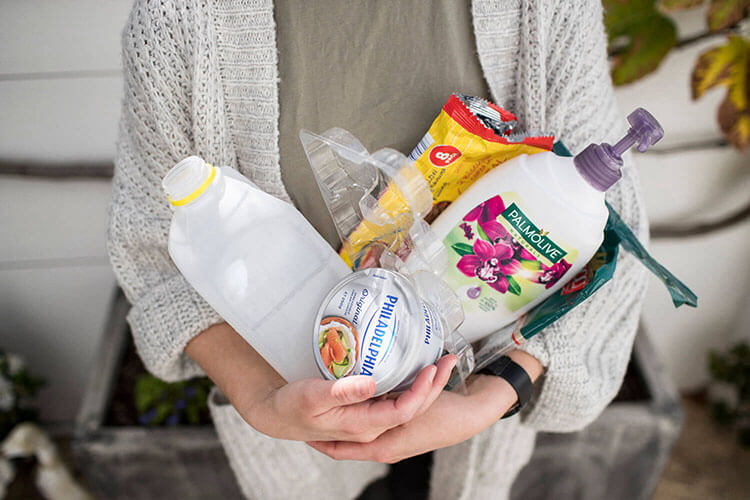
10 ways to reduce waste at home
Reducing the amount of waste we create in the first place is the key to collectively cutting landfill in Western Australia. Here's 10 ways to reduce your waste.
Posted on: July 13, 2020
Our appetite for products made from or containing plastic has been insatiable over recent decades.
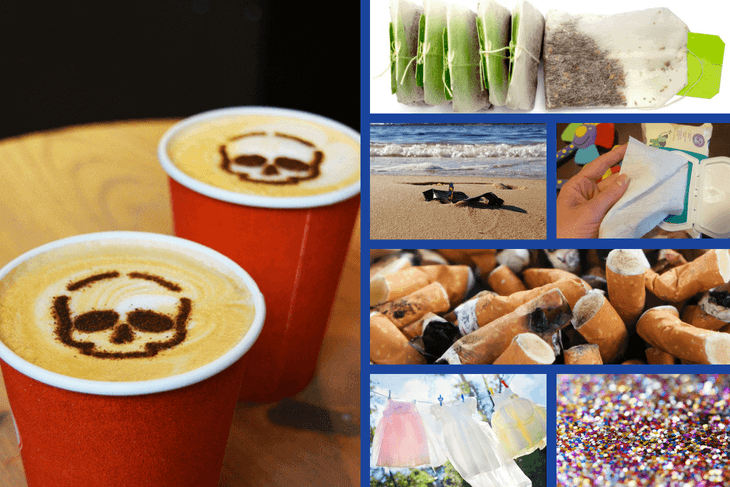
But plastic is not so fantastic… only about 9% of ALL the plastic ever produced has been recycled, the rest has been incinerated, sent to landfill or made its way into our oceans.
Sometimes plastic sneaks into our lives in places where we don’t actually expect it.
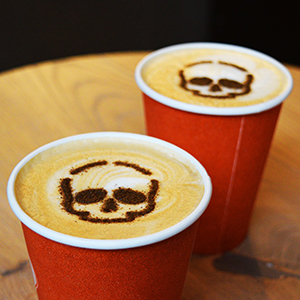
That's right – it might look like cardboard but there’s a plastic layer inside helping to make it waterproof. While coffee cups can be recycled they often aren’t as the lining needs to be separated from the paper first and that’s a complex process, costing extra time and money. As a result, we send both plastic and paper into landfill.
A reusable cup
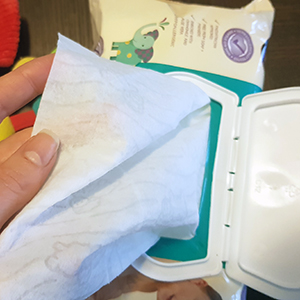
They may be convenient, but the popularity of wet wipes (to clean body parts and your home) is bad news for our oceans and sewerage systems. These wipes contain plastic (even the flushable and biodegradable ones) and not only do they take up space in landfill for hundreds of years, they’ve also been responsible for causing fatbergs.
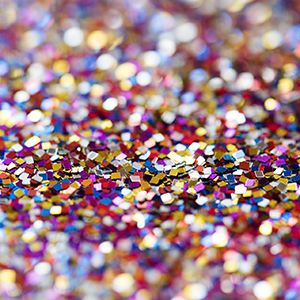
As annoying/beautiful (delete as appropriate) as it is, glitter is actually just tiny pieces of plastic. The smaller the plastic the easier it is to enter our oceans and rivers and the likelihood of it being ingested by marine life increases.
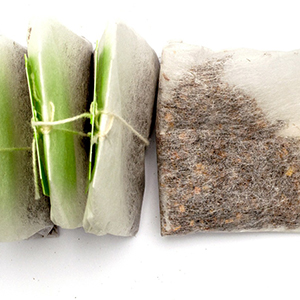
Believe it or not, your humble cuppa may be adding to plastic pollution! Most teabags still contain plastic to help ensure they don’t disintegrate in the water.

Did you know that with almost every load of washing you’re sending microplastics into our water system? Man-made fibres like polyester, nylon and microfibre fleeces shed tiny pieces of plastic every time they are washed. While we may not notice it, our marine life does!
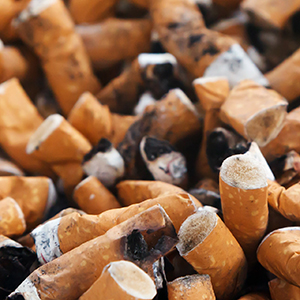
Cigarette butts are one of the biggest polluters of Australian waterways and one of the reasons for this is that they don’t break down thanks to the complex mix of materials, including plastic found within them.
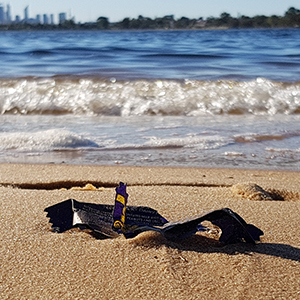
There’s a reason why so many chip and chocolate packets are found during beach clean ups. While this packaging may look like foil it contains plastic too making them extremely long lasting (unlike the items they contain…).

Reducing the amount of waste we create in the first place is the key to collectively cutting landfill in Western Australia. Here's 10 ways to reduce your waste.

Travelling can make avoiding single use plastic and recycling a little trickier, but with a bit of planning ahead it’s not impossible.
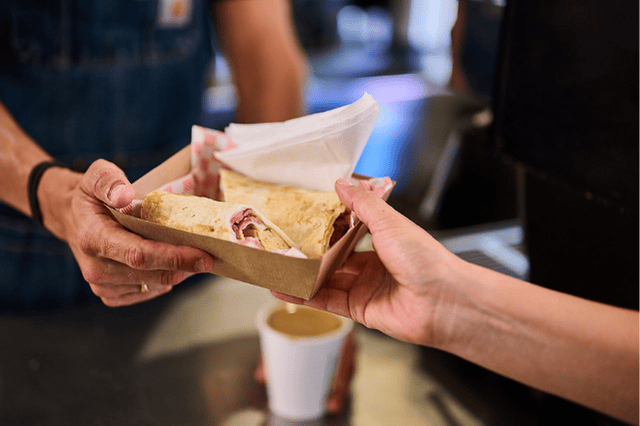
There’s a lot of confusion about what take-away items can and can’t be recycled. Find the answers to common questions.